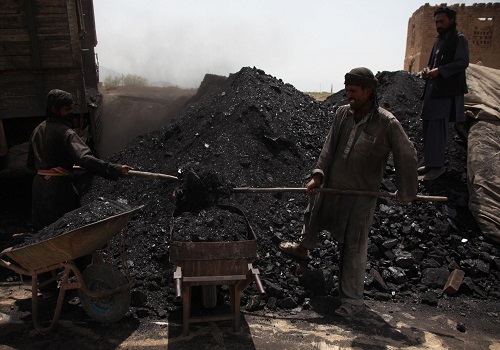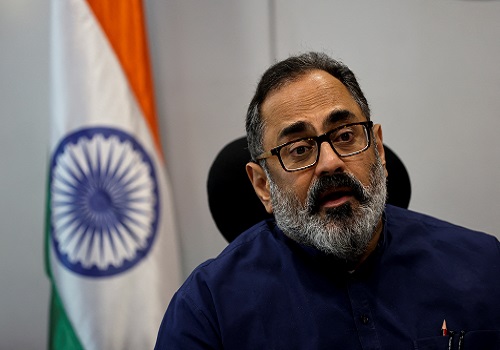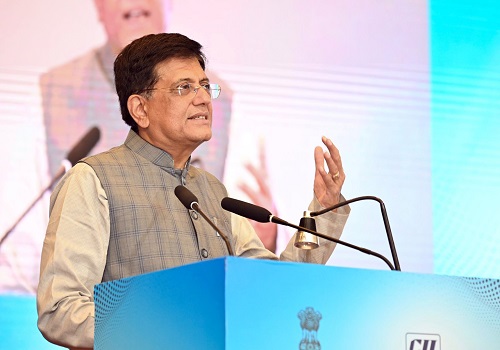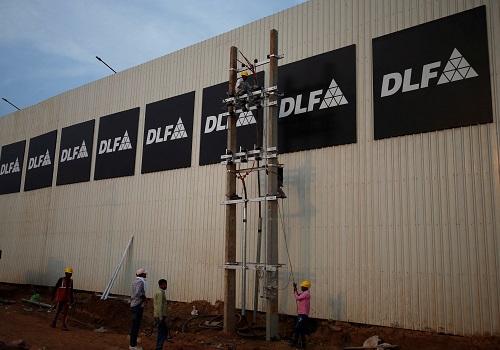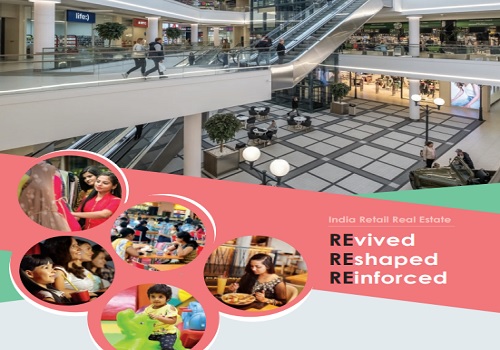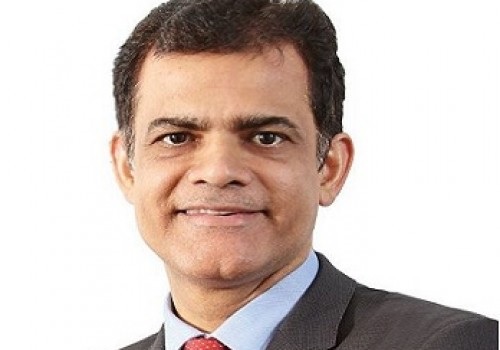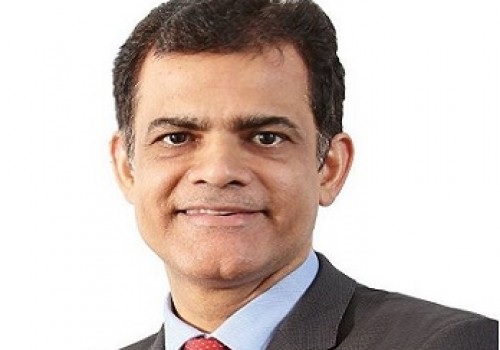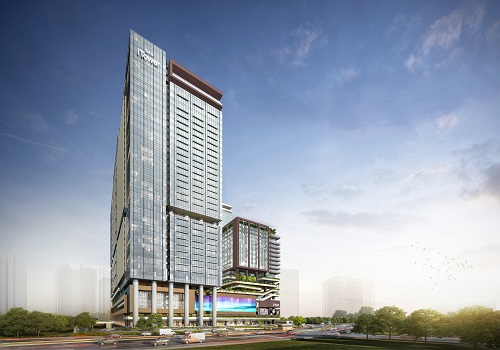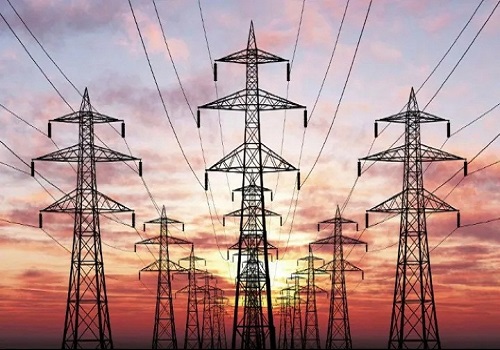Chennai - Post-COVID-19 Supply of Mid, Premium Housing Up At 64% - FICCI - ANAROCK Report

Follow us Now on Telegram ! Get daily 10 - 12 important updates on Business, Finance and Investment. Join our Telegram Channel
* Of 28,700 units launched in 2018 & 2019, the mid & premium segments (priced INR 40 lakh - 1.5 Cr) comprised a 48% share; in contrast, of approx. 19,900 units launched in 2020 & 9M 2021, 64% in these segments
* Demand for homes that enable work & schooling from home has boosted mid and premium segment properties
* Southern region witnessed maximum launches and sales in the last three years, accounting for approx. 62% supply & 66% absorption
* Data centres, logistics & warehousing to be significant demand drivers in the future; Chennai’s strategic location & major manufacturing hubs in TN will promote the expansion of these sunrise sectors
* Robust current & upcoming physical infrastructure across Tamil Nadu catalysing industries & services growth.
Chennai 15th December 2021: Chennai's residential market not only remained resilient post-COVID-19 but recorded a significant recovery from the second half of 2020 onwards. The mid and premium housing segments saw substantial demand and supply growth in pandemic times, reveals the FICCI-ANAROCK report 'Tamil Nadu -
Of approx. 19,900 units launched in 2020 and the first nine months of 2021, at least 64% supply was in the mid and premium segments (priced between INR 40 lakh and INR 1.5 Cr.) In the pre-pandemic period (2018-2019), these two segments comprised a 48% share of 28,700 units launched.
Chennai's southern quadrant witnessed maximum launches and sales over the last three years, accounting for approx. 62% of the total supply and approx. 66% housing sales in the city. Anuj Puri, Chairman - ANAROCK Group, says, “Chennai's residential real estate market retained vitality during the pandemic, proving its resilience after the first wave in 2020. New launches and absorption gained further momentum during the second wave this year, driven by rising homeownership sentiment amidst the pandemic. The mid and premium segments dominated the market, with demand primarily driven by the salaried class.”
Over the last few years, steady supply and absorption have ensured that property prices remain range bound. The weighted average price in Chennai has primarily been under INR 5,000 per sq. ft. Most home purchases are by end-users.
Bhupesh Nagarajan, Convenor, FICCI Tamil Nadu Infrastructure Panel & Chairman, Indira Projects, says “Tamil Nadu is among the most urbanised southern states and has seen a significant economic and spatial transformation in the past few decades. State capital Chennai’s economic dynamism consistently attracts working professionals from within and beyond the state into opportunities across industries.”
“Besides the vibrant residential activity, data centres, logistics and warehousing are also gaining prominence and are expected to be the future demand drivers. Chennai’s strategic location and the presence of major manufacturing hubs across the state will ensure the expansion of these sunrise sectors here.”
Tamil Nadu’s Growth - Major Highlights
* Tamil Nadu is India’s second-largest economic contributor with over 9.84% of the national GDP
* The state is first in terms of the number of manufacturing factories (over 38,131 units), accounting for 17% of the total factories in India
* Tamil Nadu is India's fourth-largest software exporter after Karnataka, Telangana and Maharashtra, accounting for 10% of the country’s total IT exports. The state has the maximum number of operational SEZs (41 in the state) - most of them in the IT-ITeS sector
* Tamil Nadu attracted USD 4.1 Bn between Oct-19 to Jun-21, accounting for 4.1% of total FDI equity inflows into India
* The Chennai-Kancheepuram-Thiruvallur cluster has the most extensive auto and auto components industry base; Chennai alone has more than 350 suppliers and numerous small and medium units in the sector
* Robust existing physical infrastructure and a healthy pipeline of upcoming infra projects will drive the next wave of growth in the state:
* 5 airports sanctioned under the Udan scheme at Salem, Neyveli, Vellore, Ramanathapuram, and Thanjavur in Tamil Nadu. Work is in progress for these airports
* Chennai’s 2nd airport is planned at Sriperumbudur at a total cost of INR 15,000 Cr. The project is scheduled to be completed by 2027
* The state's 4th major port is planned at Enayam and is expected to be completed in phases by 2035 at a total cost of INR 19,884 Cr. Phase 1 of the project is expected to be completed by 2025 with a capacity of 24 MTPA
* The 119-km-long 2nd phase of the Chennai Metro is expected to be completed by 2026, at a total cost of INR 63,246 Cr.
* 18 new railway stations are proposed across Tamil Nadu, including at Vandavasi, Cheyyar, Arani, Arcot, Ranipet, Kodaikanal, and Pallipattu
* The 134-km long Chennai Peripheral Ring Road will connect Ennore port to Mamallapuram near Poonjeri junction of ECR, at a cost of INR 12,301 Cr.
Above views are of the author and not of the website kindly read disclaimer






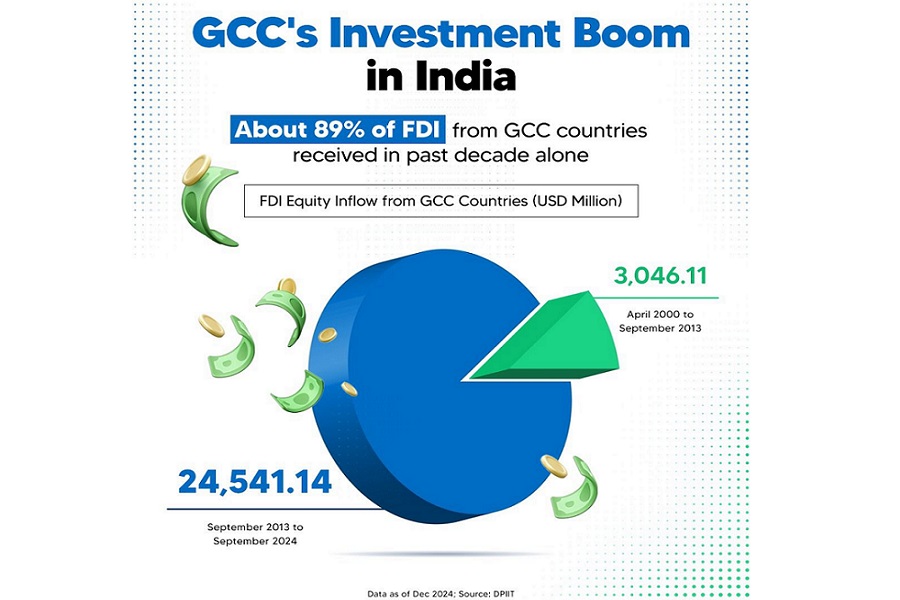
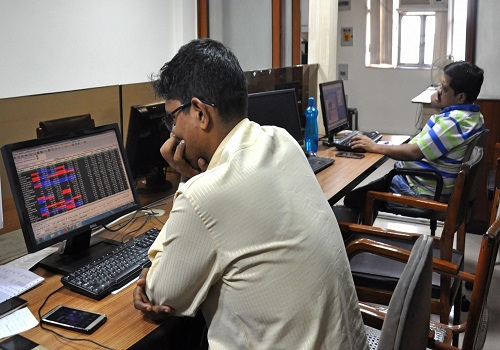




 320-x-100_uti_gold.jpg" alt="Advertisement">
320-x-100_uti_gold.jpg" alt="Advertisement">

